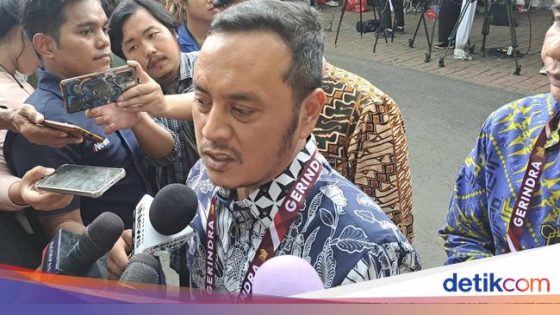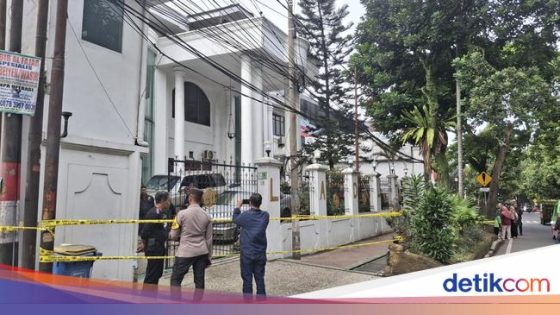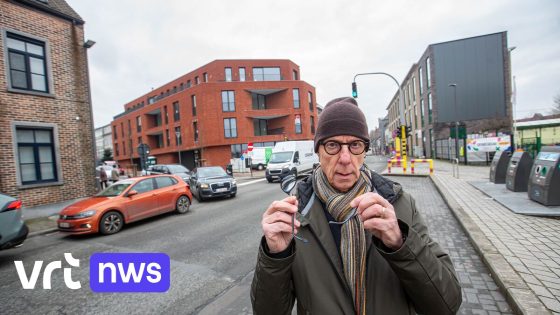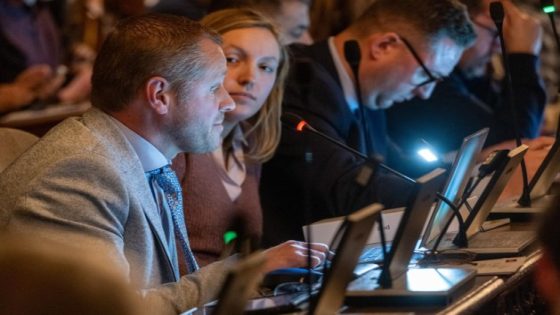On February 14, 2025, President Prabowo Subianto hosted a gathering of cabinet members and political elites at his residence in Hambalang, West Java. Notably absent was Surya Paloh, the chairman of the NasDem party, raising questions about the dynamics within the coalition. Why was his presence significant?
- Prabowo Subianto gathers cabinet members in Hambalang
- Surya Paloh absent from the meeting
- NasDem leadership attending upcoming Gerindra event
- Meeting aims to strengthen political coalition ties
- Prabowo to provide guidance on restructuring
- Focus on fostering a collaborative political atmosphere
Coalition Dynamics: Prabowo’s Meeting Without Surya Paloh Raises Questions
What does Surya Paloh’s absence mean for the coalition? The meeting aimed to strengthen ties among coalition members, but Paloh’s absence might indicate underlying tensions. Leaders from various parties gathered to discuss political strategies, yet the absence of a key figure like Paloh could signal challenges ahead.
Key Takeaways from Prabowo’s Gathering in Hambalang
During the meeting, President Prabowo Subianto emphasized the importance of unity and strategic planning among coalition members. The discussions included:
- Strengthening political ties among coalition members.
- Prabowo’s guidance on restructuring and efficiency within the coalition.
- Plans for upcoming events, including the Gerindra anniversary celebration.
- The role of regional leaders in implementing coalition policies.
Surya Paloh’s Future Role in the Coalition
Surya Paloh’s absence raises questions about his future involvement. Will he align with Prabowo’s vision or pursue a different path? His presence is crucial for maintaining harmony within the coalition, especially as they prepare for significant political events.
Implications for Political Strategies in Indonesia
The dynamics within the coalition could affect Indonesia’s political landscape. With Prabowo’s leadership and Paloh’s influence, the coalition’s direction will be pivotal in upcoming elections. How will these relationships shape policy decisions moving forward?































